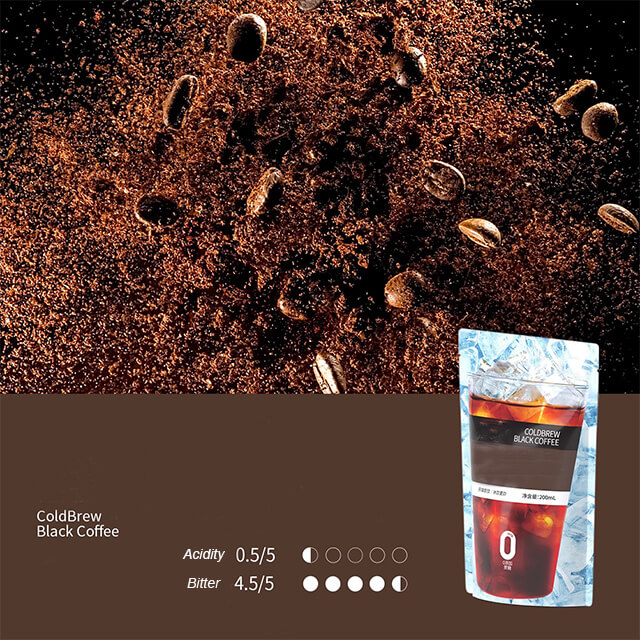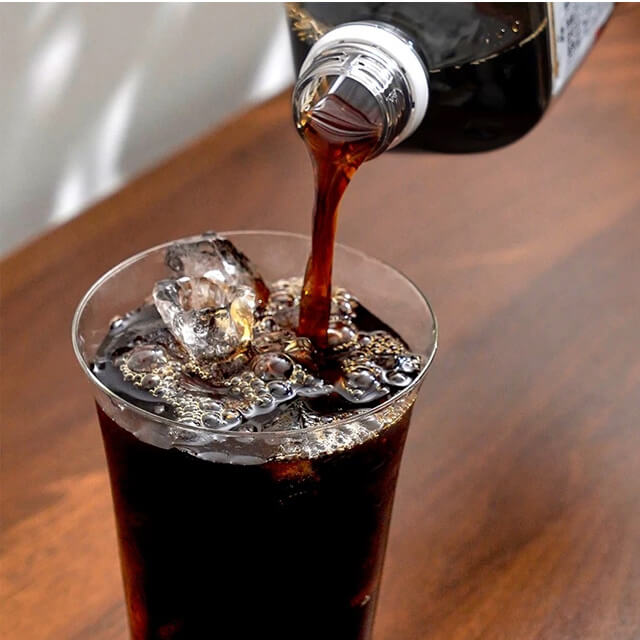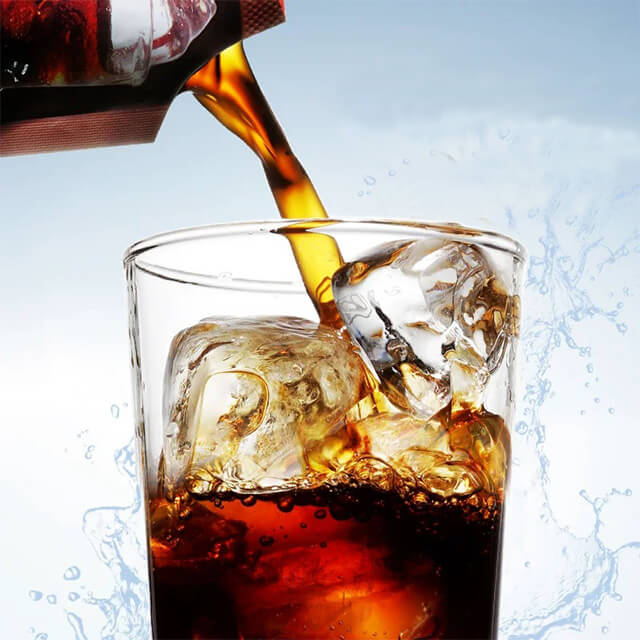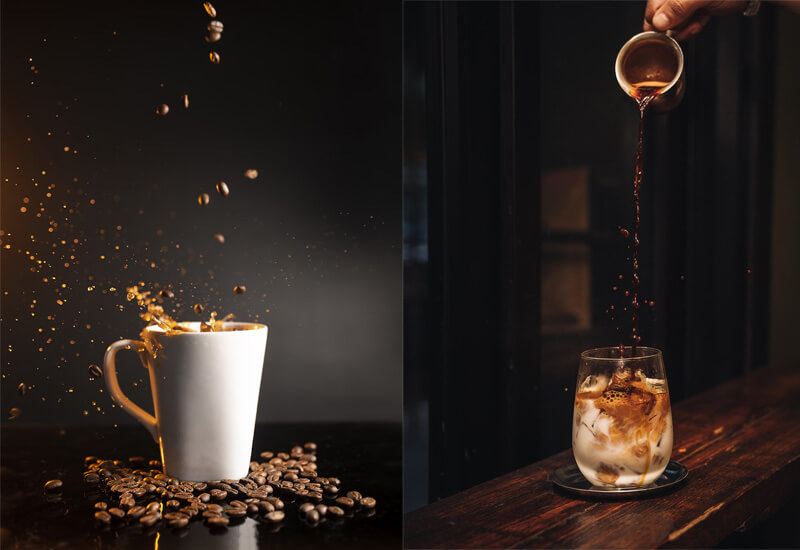Global Ready-to-Drink (RTD) Coffee Market 2025
1. Introduction
Ready-to-Drink (RTD) coffee has emerged as one of the fastest-growing segments in the global beverage industry, driven by convenience and product innovation.
Shifting consumer lifestyles (e.g., 43% of consumption occurs during commutes) and rising health consciousness continue to fuel market expansion.
The sector is projected to grow at a CAGR of 8.3% from 2020 to 2025, creating strategic opportunities for coffee extraction technologies, packaging solutions, and brands.

2. Global RTD Coffee Market Overview
2.1 Market Size and Growth Trends
• 2020 Baseline: $22.5 billion (Statista)
• 2025 Projection: $36.2 billion (Grand View Research)
Key Segments:
• Functional coffee (probiotics/collagen-infused) grows 2x faster than the industry average.
• Cold brew products account for 35% of total sales by 2025
2.2 Competitive Landscape
• Global Brands: Nestlé (plant-based, low-sugar lines), Starbucks ($400M first-year sales for nitro cold brew), Coca-Cola (via Costa RTD expansion).
• Regional Players: Japan’s Suntory, Indonesia’s Kopi Kenangan (blockchain traceability systems).
3. 2025 Market Forecast and Drivers
3.1 Growth Engines
• Demographics: Millennials (25–40 years) drive 65% of sales; 58% of male consumers prefer black coffee.
• Channels: Convenience stores dominate Asia (60%+ share); e-commerce grows at 20% CAGR.
• Health Trends: Low-sugar/low-calorie demand surges (+18% YoY); organic-certified products exceed 25% market share.

3.2 Challenges
• Cost Pressures: Arabica bean prices rise 27% over 3 years.
• Regulations: EU’s 2024 Plastic Reduction Act mandates 50%+ packaging recycling rates。
4. Regional Market Analysis
|
Region
|
2025 Market Size
|
Key Trends
|
|
Asia
|
$16.2B (45% global)
|
China leads (45% share); Japan consumes 12L per capita.
|
|
North America
|
$9.8B (6.4% CAGR)
|
Boom in functional coffee (e.g., protein-enriched).
|
|
Europe
|
$7.2B (7.9% CAGR)
|
Eco-friendly packaging adoption hits 70%; Germany/UK lead.
|

5. Technology and Sustainability
5.1 Production Innovations
• Cold Brew Tech: Reduces energy use by 30% and enhances flavor stability by 50%.
• Extraction Systems: Capacity upgrades from 50L/hour (2020) to 80L/hour by 2025.
5.2 Sustainability Practices
• Packaging: 70% of brands adopt biodegradable/recyclable materials by 2025.
• Carbon Neutrality: Top players (e.g., Nestlé’s "Net Zero Roadmap") target 2030 deadlines.
6. Conclusions and Strategic Recommendations
6.1 Future Outlook
• The market is projected to surpass $50 billion by 2030, with Asia-Pacific contributing 50%+ of growth.
• Competition will hinge on technology, health, and sustainability.
6.2 Strategic Actions
• Product Innovation: Integrate functional ingredients (e.g., adaptogenic herbs).
• Channel Optimization: Prioritize convenience stores/vending machines; expand into social commerce (TikTok, etc.).
• ESG Investments: Source carbon-certified beans and packaging.






